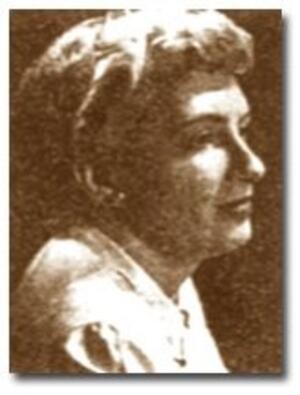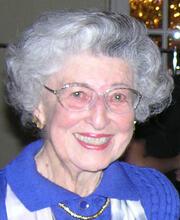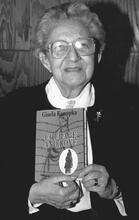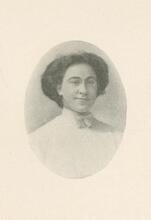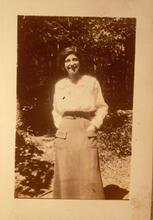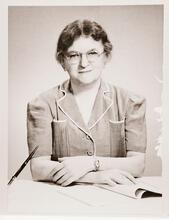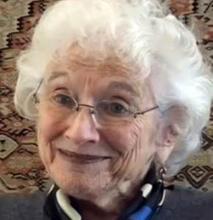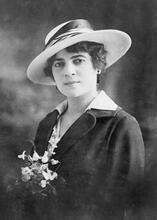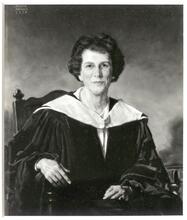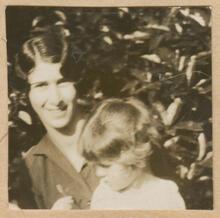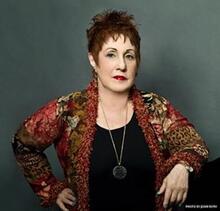Lydia Rapoport
Lydia Rapoport.
Courtesy of the California Social Work Hall of Distinction.
Lydia Rapoport’s contributions to crisis theory transformed how social workers and therapists handle crisis intervention. After attending Hunter College and Smith College, Rapoport became a caseworker in Chicago and a supervisor at Jewish Children’s Bureau and Michael Reese Hospital. In 1955, she began teaching at the University of California at Berkeley, where she remained until her death. There, she created a model of crisis intervention still in use today and for which she is most known. In addition to Berkeley, Rapoport studied briefly at both Harvard University and Hebrew University. She accepted a position as the United Nation’s first advisor on interregional family welfare but died suddenly due health complications before serving. Rapoport’s collection, Creativity in Social Work, was published posthumously in 1975.
Lydia Rapoport was a social worker, professor, caseworker, and advocate of social change. Her contribution to crisis theory shaped current treatment. She was born in Vienna on March 8, 1923. Eugenia Margulies, her mother, was born in Poland and trained as a teacher. Her father, Samuel Rapoport, studied law in Vienna, but his real interests were in language and music. He was a gifted linguist, competent in seventeen languages. He played the violin and wrote music reviews for a newspaper. Lydia shared his affinity for music, becoming a skilled harpsichordist and pianist. In 1906, Samuel had immigrated to Philadelphia, Pennsylvania, but finding American society lacking in cultural resources, he returned to Vienna, where he found work as a grain trader. Responding to increased antisemitism and resurgent German nationalism, he immigrated again in 1928, this time to New York City, and became a translator. The rest of the family remained in Vienna until 1932, while Emanuel, Lydia’s older brother, finished academic high school.
Education, marriage, and early career
Lydia Rapoport attended New York public schools, and graduated from Hunter College, Phi Beta Kappa, at age nineteen. After receiving her master’s degree from Smith College Graduate School of Social Work at age twenty-one, she became a caseworker in Chicago, and later a supervisor at the Jewish Children’s Bureau and at Michael Reese Hospital. She trained in working with emotionally disturbed children, receiving a certificate in child therapy from the Institute of Psychoanalysis. Rapoport earned a Fulbright scholarship in 1952 to the London School of Economics. She lectured extensively, promoting the strengthening of social work training in Britain. She developed an association with the renowned Tavistock Clinic, a mental health training institute.
In 1954, Rapoport moved to California, where Emanuel lived with his family. She worked as a field supervisor for students at the University of California at Berkeley. She joined the faculty a year later, received tenure in 1963, and became a full professor in 1969.
Crisis intervention
Rapoport spent a year at the Harvard School of Public Health in 1959–1960, studying with Eric Lindemann, an authority on the effects of crisis and trauma. Rapoport’s work is an integral part of the foundation of current crisis intervention and crisis-oriented brief therapy. She identified the goals of crisis intervention: relief of symptoms, restoration of precrisis functioning, understanding of precipitants, and identification of remedial measures. This model continues in use today. While at Harvard, she also studied the crisis reaction of parents of premature infants with Gerald Caplan, who had done postwar studies on the impact of crisis on immigrant children in Israel. Rapoport did research and casework with families of premature infants.
On her return to Berkeley, she studied the use of mental health consultation as a way to extend the practices of mental health professionals. Rapoport advocated for advanced training and postgraduate programs for community mental health personnel, both to train them for leadership positions and to bring about social change. In 1969, she established the Community Mental Health Training Program at the School of Social Welfare, University of California at Berkeley.
Connecting with Israel
Rapoport took a leave from Berkeley when she was appointed educational consultant at Hebrew University Paul Baerwald School of Social Work in Jerusalem in 1963. She concentrated on cross-cultural family planning projects.
Rapoport was not religious, but she became attached to Israel and the Israeli social work community. She returned often, and began a collection of contemporary Israeli art. She accepted a position as the first United Nations interregional family welfare and planning adviser in 1971. Although it meant a temporary move from Berkeley to New York, Rapoport took the position because it promised international travel. Early in the year, and in spite of illness, she revisited Israel and England. Shortly after her return to New York in July, Rapoport underwent emergency intestinal surgery. While the operation itself was a success, postoperative treatment was not, and she died seven weeks later of bacterial endocarditis.
Legacy
In her brief lifetime, Rapoport added much to current theory and knowledge on crisis intervention, community mental health consultation, social work education, and international family planning. A collection of her works, Creativity in Social Work, was published in 1975. Her friends established the Lydia Rapoport Endowment Fund at the Smith College School of Social Work, which supports the Lydia Rapoport Distinguished Visiting Professorship.
Greenwood, Ernest, Gertrude Wilson, and Robert Apte. “Lydia Rapoport.” In Memoriam. University of California at Berkeley, July 1975.
Katz, Sanford N., ed. Creativity in Social Work: Selected Writings of Lydia Rapoport (1975).
NAW modern.
Trattner, Walter J., ed. Biographical Dictionary of Social Welfare in America (1986).
Who’s Who of American Women. 7th ed. (1972–1973).

